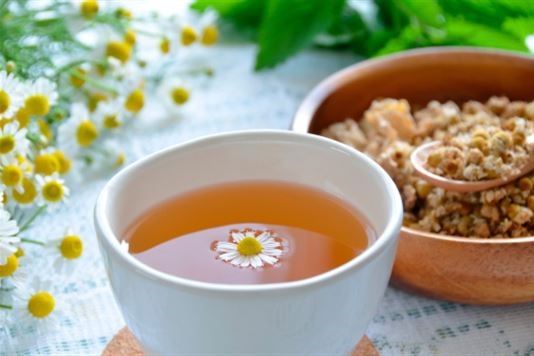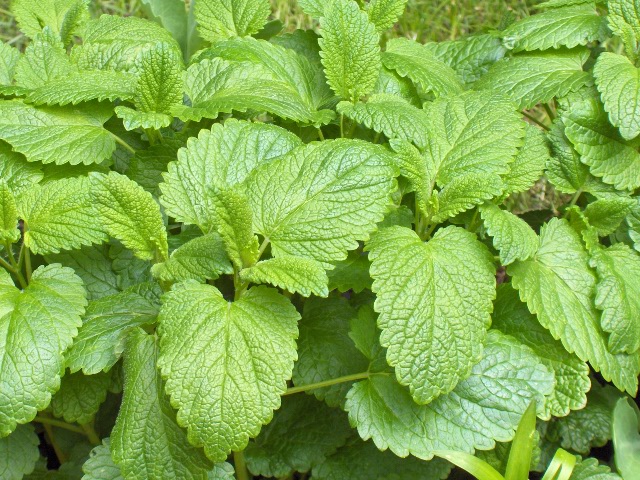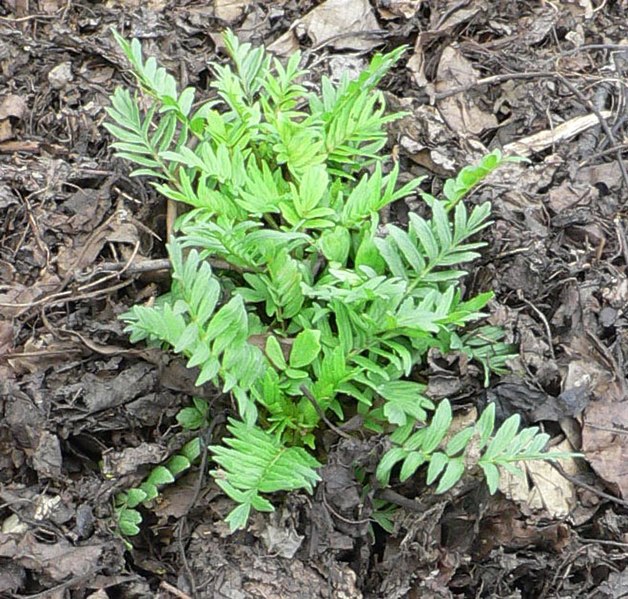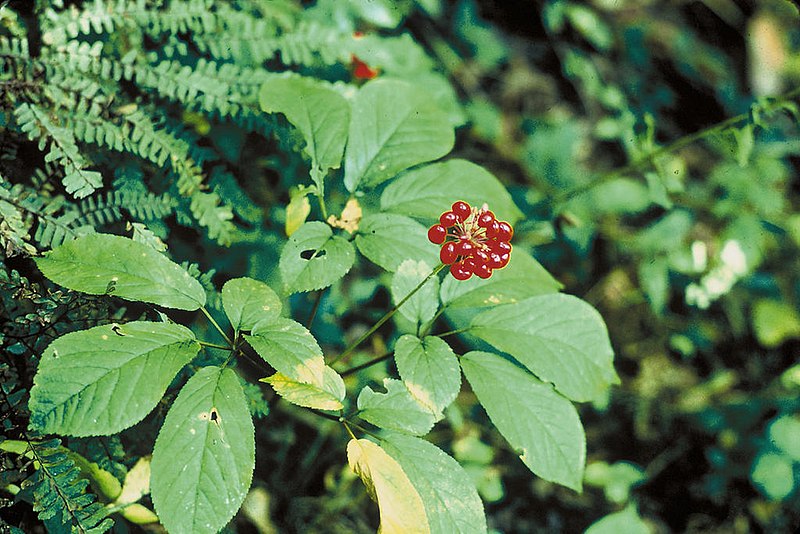How herbal teas can cure the blues

We can’t function without a builder’s brew in the morning. But herbal teas can be just as powerful – here’s what blend to choose, depending on which mood you’re in.
Worried
 Lemon balm tea is great for worriers. It’s a mild, floral drink with a minty lemon aftertaste, and it’s called ‘lemon balm’ because of the lemony scent of its flowers. It’s renowned for its relaxing, anxiety-busting properties and has been used medicinally for centuries – lemon balm was the primary ingredient of Carmelite water, for example, a tonic served and made by nuns in fourteenth century monasteries.
Lemon balm tea is great for worriers. It’s a mild, floral drink with a minty lemon aftertaste, and it’s called ‘lemon balm’ because of the lemony scent of its flowers. It’s renowned for its relaxing, anxiety-busting properties and has been used medicinally for centuries – lemon balm was the primary ingredient of Carmelite water, for example, a tonic served and made by nuns in fourteenth century monasteries.
It’s a good one to drink before bedtime, or as immediate relief for when you’re feeling a little anxious. Try sweetening it with honey if you don’t take to the taste.
Restless
 Can’t get to sleep? Instead of tossing and turning all night, head to the kitchen and make yourself a valerian tea instead. It’s got valerian root (pictured) and hops in it, which when put together are as potent a sleep tonic as Sleeping Beauty’s poisoned apple.
Can’t get to sleep? Instead of tossing and turning all night, head to the kitchen and make yourself a valerian tea instead. It’s got valerian root (pictured) and hops in it, which when put together are as potent a sleep tonic as Sleeping Beauty’s poisoned apple.
My favourite ‘sleepy tea’ is Clipper’s organic sleep easy infusion which, no kidding, had me spark out in 15 minutes when I first tried it. It may sound scarily strong, but there are no health scares associated with it, nor does it make you groggy next morning. Warning: do not drink at work – you’ll be asleep before lunch.
Chamomile tea is another obvious choice before bed time – Europeans have been drinking it to chill out for centuries. It contains apigenin, a sedative compound, and should be taken 45 minutes or so before lights out. It’s also good for jet lag recovery.
Nervous

Rooibos tea also contains magnesium, which is essential for the maintenance of a healthy nervous system.
Sad
 Turn that frown upside down with a cup of St John’s Wort. It’s a traditional Chinese herb and has been used to boost human moods for a very long time indeed. It’s been registered by the medicines regulatory body, MHRA, for sale in the UK as a traditional herbal medicine used to relieve the symptoms of low mood and mild anxiety.
Turn that frown upside down with a cup of St John’s Wort. It’s a traditional Chinese herb and has been used to boost human moods for a very long time indeed. It’s been registered by the medicines regulatory body, MHRA, for sale in the UK as a traditional herbal medicine used to relieve the symptoms of low mood and mild anxiety.
Yogi do a ‘St John’s Wort Blues Away’ tea which claims to ‘help promote emotional balance’. The reviews on this Amazon page are sensational, with drinkers describing it as ‘a miracle’ and ‘a wonderful natural remedy that works’.
Lazy
 Ironically, herbal teas are much better for boosting energy levels than caffeine-packed coffee is. A cup of joe is a great temporary fix, but herbal teas can nip the root of the problem in the bud, and provide long-lasting results.
Ironically, herbal teas are much better for boosting energy levels than caffeine-packed coffee is. A cup of joe is a great temporary fix, but herbal teas can nip the root of the problem in the bud, and provide long-lasting results.
Ginseng tea (pictured), which you’ll often find blended with green tea, is a good place to start – it’s prescribed by herbalists to boost resilience to stress and stress-related fatigue, and it’s popular in China as a revitalising herb for the elderly. Be careful though – it’s also believed to improve fertility.
Licorice tea works wonders too. For anyone suffering from low energy levels, licorice works to restore adrenal glands which have been worn out by too much stress, and it also stabilises blood sugar levels so you don’t experience an ‘energy crash’ in the late afternoon.
Do you drink herbal tea to improve your mood? Which blend can you recommend for which complaint? Share your tips in the comments box below.
Lemon balm leaves image courtesy of JoJan; valerian image courtesy of Raul654; rooibos image courtesy of Amrum; St John's wort image courtesy of Michael H. Lemmer.
You might also like
Comments
Be the first to comment
Do you want to comment on this article? You need to be signed in for this feature